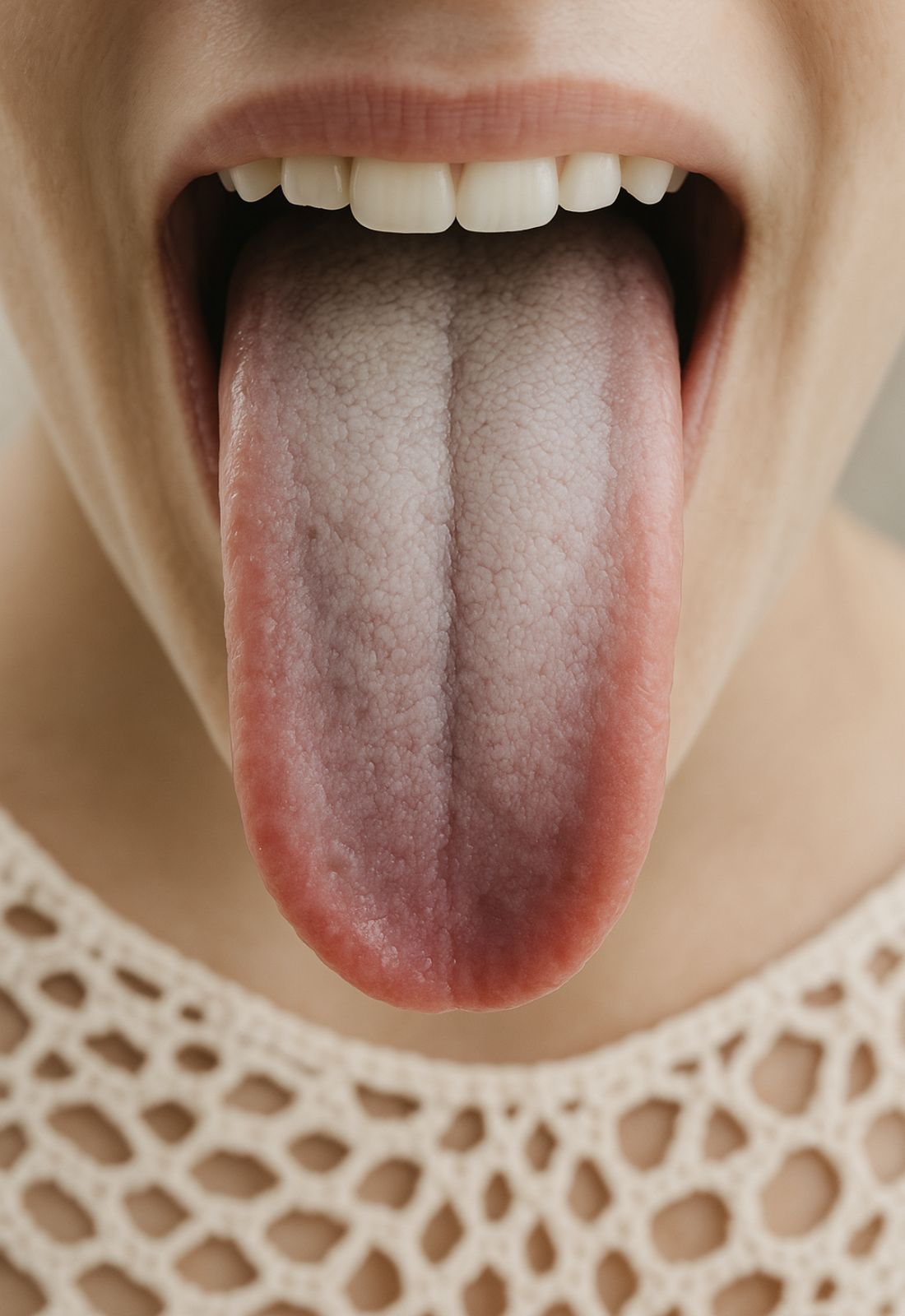Understanding the Causes of a White Tongue: What Your Tongue May Be Telling You
Your tongue can be a surprising window into your overall health. One common condition that often causes concern is a white coating on the tongue. While it may look alarming, a white tongue is usually harmless and temporary — but sometimes, it could signal something more serious. Knowing when to take action and seek medical advice is key.
What Is a White Tongue?
A white tongue occurs when the surface of the tongue appears white or coated. This is usually caused by a buildup of dead cells, bacteria, and debris trapped between inflamed papillae — the tiny bumps on your tongue. While it’s not typically painful, it can be a sign of an underlying issue that needs attention.
Common Causes
There are many possible causes for a white tongue, including:
-
Poor Oral Hygiene: Not brushing your tongue or maintaining good oral care can lead to bacterial buildup.
-
Dehydration or Dry Mouth: A lack of moisture in the mouth can cause your tongue to look pale and coated.
-
Smoking and Tobacco Use: Tobacco irritates the mouth and contributes to plaque and debris buildup.
-
Mouth Breathing: Especially during sleep, this can dry out the tongue and lead to white patches.
-
Illness or Infection: Conditions such as the flu, fever, or respiratory infections can temporarily affect tongue color.
-
Oral Thrush: A yeast infection caused by Candida, often seen in people with weakened immune systems or those taking antibiotics.
-
Leukoplakia: Thickened, white patches that can’t be scraped off, sometimes associated with tobacco use and potentially precancerous.
-
Lichen Planus: A chronic inflammatory condition that affects mucous membranes, including the tongue.
When to See a Doctor
Most cases of white tongue are harmless and resolve with good oral hygiene. However, you should consult a doctor or dentist if:
-
The white coating lasts longer than two weeks
-
It’s accompanied by pain, burning, or swelling
-
You have difficulty eating, swallowing, or speaking
-
You notice other symptoms like fever, fatigue, or a weakened immune system
Treatment and Prevention
Treatment depends on the underlying cause. Here are a few general strategies:
-
Improve Oral Hygiene: Brush your teeth at least twice a day, floss daily, and gently brush your tongue.
-
Stay Hydrated: Drink plenty of water to keep your mouth moist.
-
Avoid Tobacco and Alcohol: These irritants can worsen symptoms.
-
Use a Tongue Scraper: This helps remove debris and bacteria from the tongue.
-
Antifungal Medications: If oral thrush is the cause, your doctor may prescribe antifungal treatments.
-
Manage Underlying Conditions: For chronic illnesses or immune issues, follow your physician’s recommendations closely.
Final Thoughts
Your tongue can reveal a lot about your health — don’t ignore what it’s trying to tell you. While a white tongue is often harmless, persistent or painful symptoms should not be overlooked. Always consult with a healthcare professional to rule out more serious causes and receive appropriate treatment.
Remember: Self-diagnosis is never a substitute for professional advice. When in doubt, check it out.
